Uzbekistan’s multidisciplinary Venice Biennale pavilion explores the history of contemporary technologies
Marking Uzbekistan’s first participation in the Venice Biennale, Dixit Algorizmi – The Garden of Knowledge is a conceptual exploration of the origin myths and narratives of modern technologies
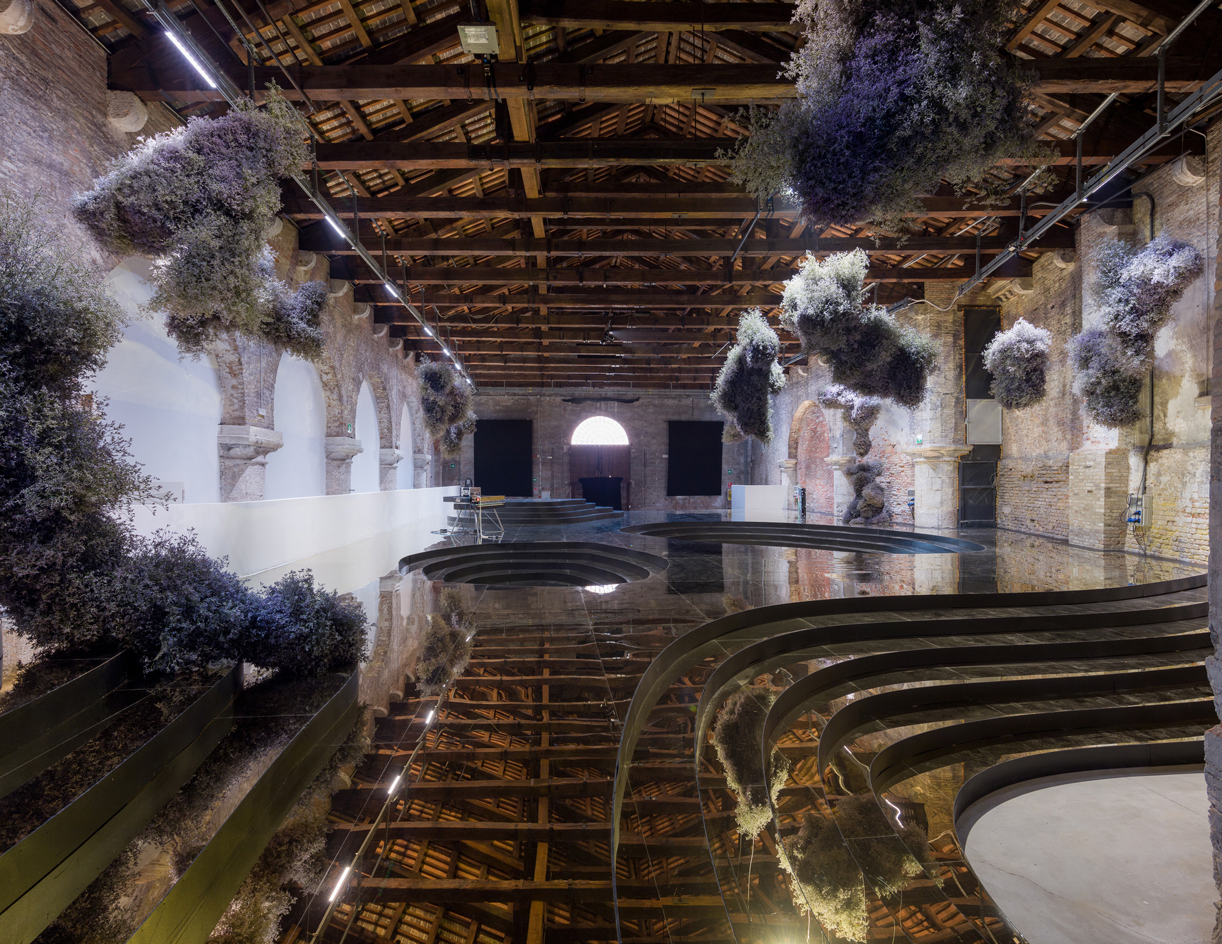
In partnership with the Art and Culture Development Foundation of the Republic of Uzbekistan
The Republic of Uzbekistan returns to the Venice Biennale this year with Dixit Algorizmi – The Garden of Knowledge, an installation designed by the team at Milan-based architectural and research studio Space Caviar (Joseph Grima, Camilo Oliveira, Sofia Pia Belenky, Francesco Lupia) and curated by Sheida Ghomashchi.
The Pavilion of Uzbekistan at the 59th International Art Exhibition of La Biennale di Venezia presents a reflection on the seminal work of Muhammad ibn Mūsā al-Khwārizmī, a scientist and polymath born and raised in the city of Khiva (in present-day Uzbekistan). Al-Khwārizmī’s treatise On the Calculation with Hindu Numerals (825 CE) was directly responsible for the introduction of Hindu-Arabic numerals to Europe, and was the Latin transliteration of al-Khwārizmī’s name to Algorizmi that gave us the modern, and increasingly relevant word algorithm.
Al-Khwarizmi’s work highlights a complex and multilinear process that is a history of ideas. ‘He is one of the most prominent scholars in the history of humankind, famous during his lifetime and legendary after his death,’ says Saida Mirziyoyeva, deputy chairwoman of the Council of the Art and Culture Development Foundation of the Republic of Uzbekistan. ‘And yet we do not know much about him.’
Dixit Algorizmi sets out to question the origin myths and narratives surrounding modern technologies, using the lens of contemporary artistic practices to explore forgotten roots and overlooked resonances with distant places, times, and cultures. The pavilion engages divergent interpretations of technology as a medium, acknowledging the depth and complexity of its history to be explored through an extensive public programme.
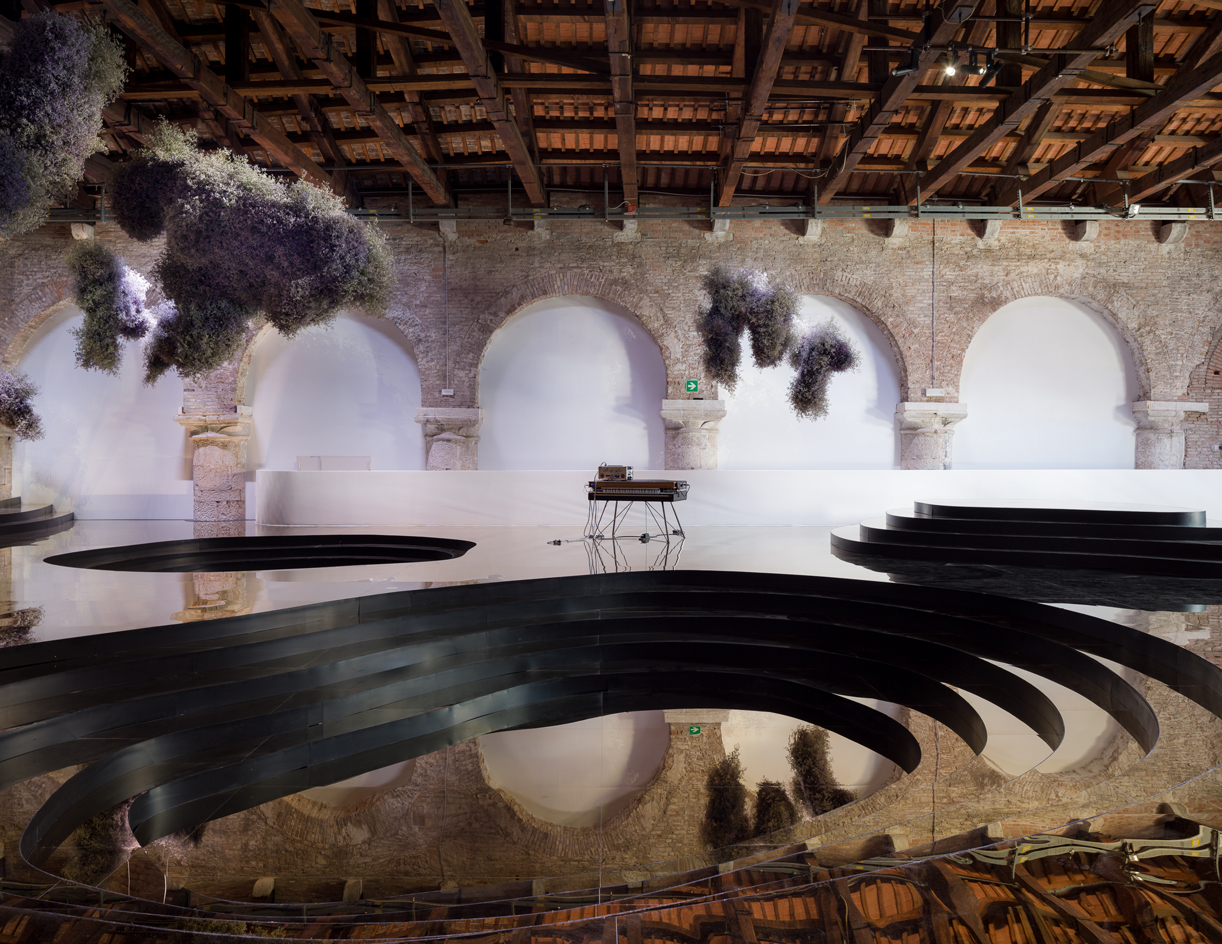
Uzbekistan National Pavilion, installation view
During the period of the biennale, and notably in events such as Hans Ulrich Obrist’s Brutally Early Club and the Panoptic Garden programme, the Uzbekistan Pavilion became a place of unification, new collaborations and a platform for the exchange of ideas – quite literally, a Garden of Knowledge.
The pavilion’s scenography, conceived to accomodate gatherings and performances throughout the course of the biennale, builds on the history of Islamic gardens as sites of intellectual production and exchange. In the context of Biennale Arte 2022: The Milk of Dreams, the pavilion functions as a place of reflection on the histories and layers of meaning embedded within contemporary technologies.
Following the final performative event to be held in the pavilion, the installation will be dismantled and all its material components are destined for new uses, including the construction of future pavilions and artistic commissions. Materials will also be donated to emerging designers and artists for reuse in their creative practice.
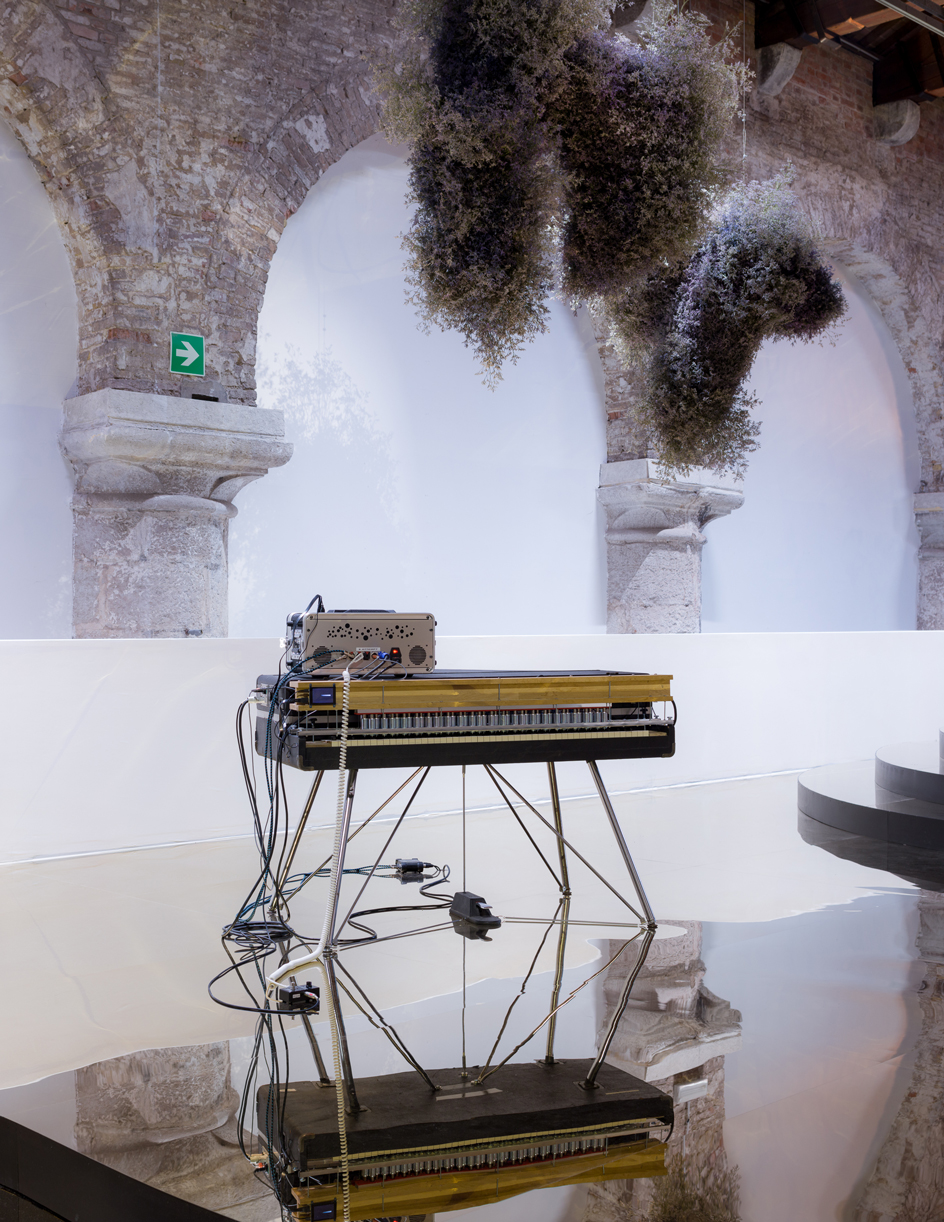
Uzbekistan National Pavilion, installation view
The Venice exhibition is accompanied by academic and conceptual activities at the pavilion throughout the biennale’s duration, including a series of panel talks, performances, and a traditional Uzbek poetry duel. The highlight of the public programme is Velocity0: transcode/transmute a specially commissioned sound installation by Uzbek musician Abror Zaforov and French-Japanese artist and visual designer Charli Tapp. The project feeds classical Uzbek compositions into a computer-controlled piano to explore the notion of artificial intelligence responding to data sets of non-Western music.
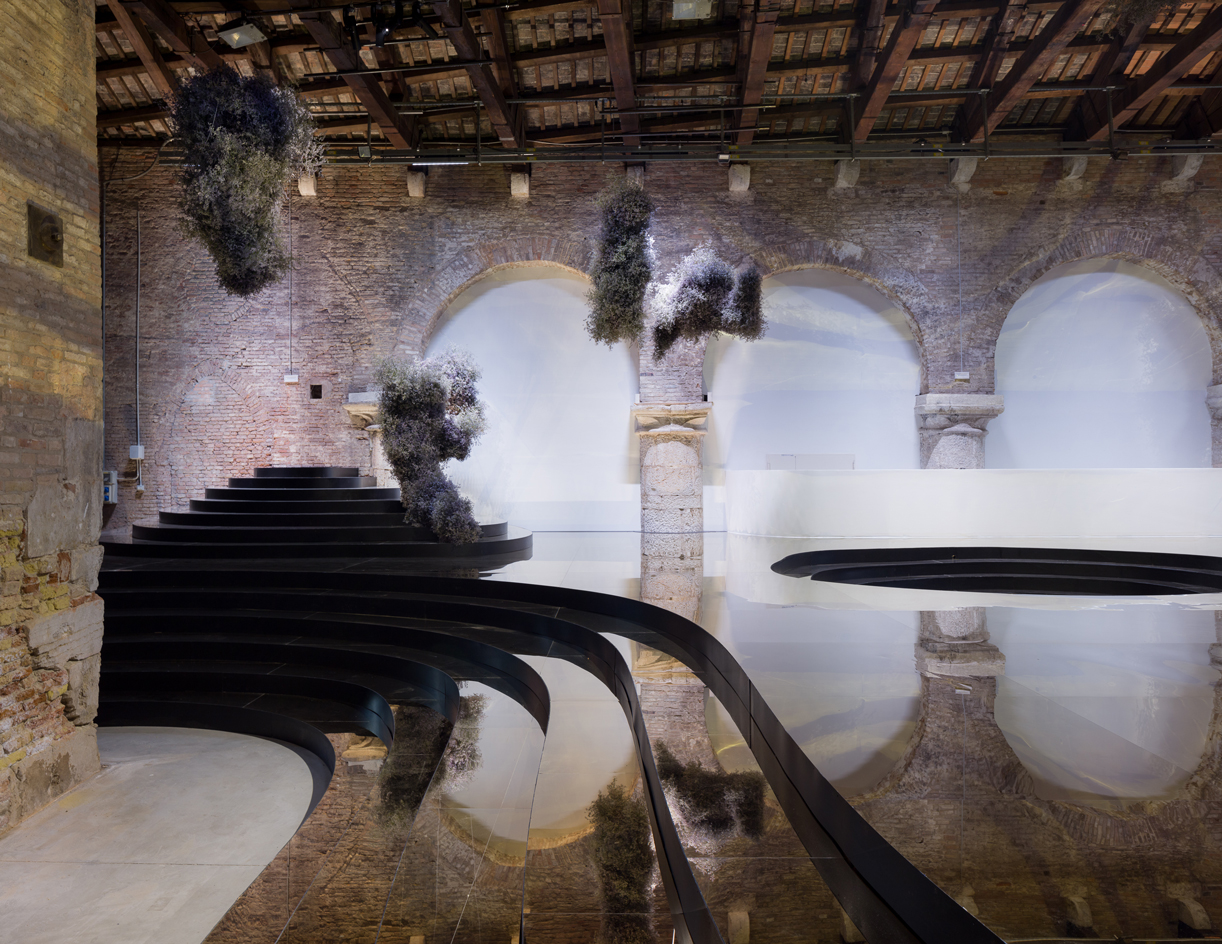
Uzbekistan National Pavilion, installation view
‘Inspired by the environment within which al-Khwārizmī himself operated, we aim for the pavilion to become a space of the production of perception and the exchange of ideas – a “garden of knowledge” in which heterogeneous voices, from within and outside the field of artistic production, can converge and overlap,’ explains Joseph Grima of Space Caviar.
‘We conceived this space as a place of meditation but also of composition, in which it is possible to question the greater order of things, and to consider the trajectory of the histories of art, science, technology, philosophy, and innovation from new perspectives. Throughout the course of the seven months of the Art Biennale, artists, scholars, historians, scientists, writers, and philosophers [are] invited to address the possibility of alternative modernities, not so much attempting to replace the current image of modernity as to expand it in recognition of its deep origins.’
Wallpaper* Newsletter
Receive our daily digest of inspiration, escapism and design stories from around the world direct to your inbox.
-
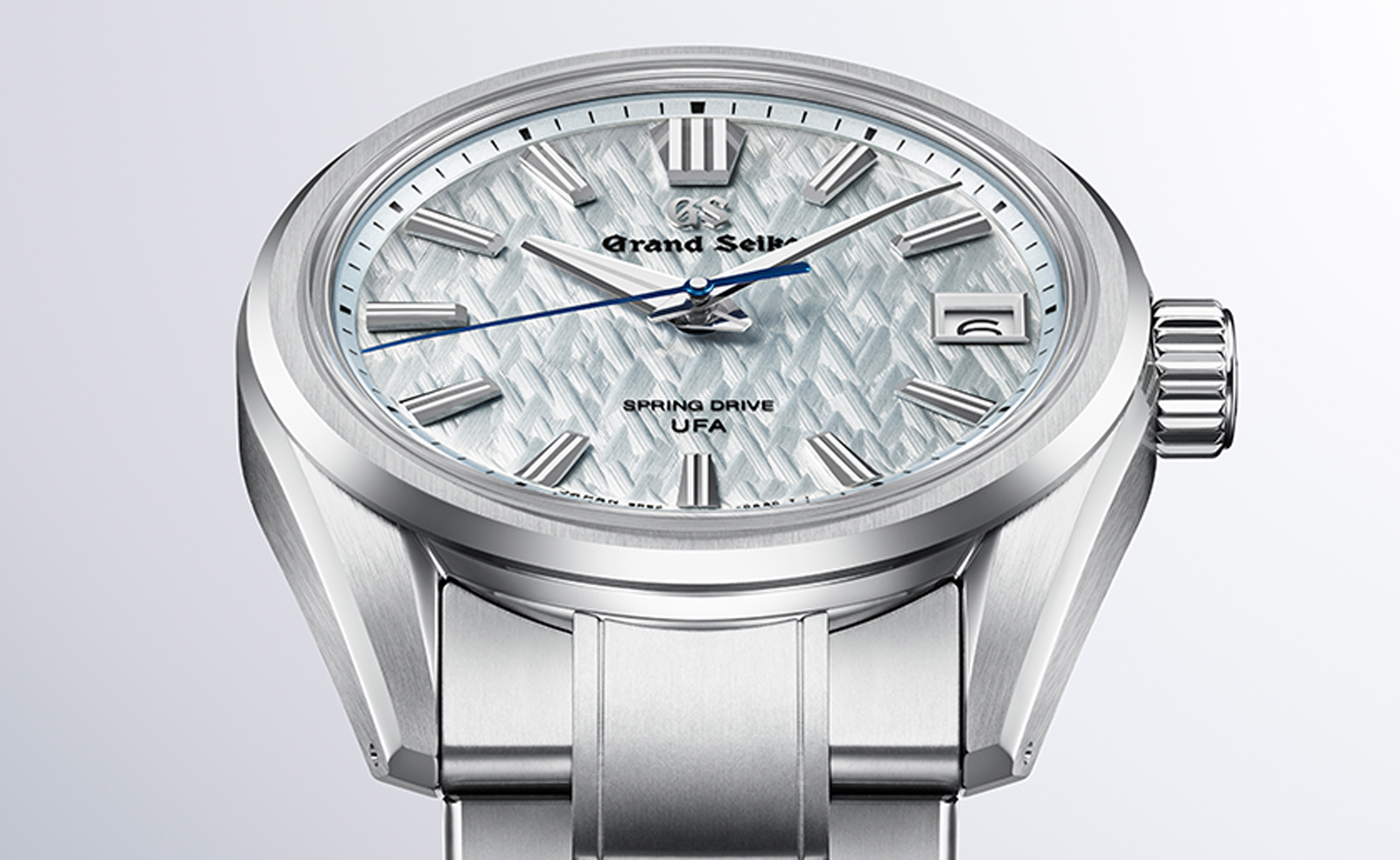 Titanium watches are strong, light and enduring: here are some of the best
Titanium watches are strong, light and enduring: here are some of the bestBrands including Bremont, Christopher Ward and Grand Seiko are exploring the possibilities of titanium watches
By Chris Hall
-
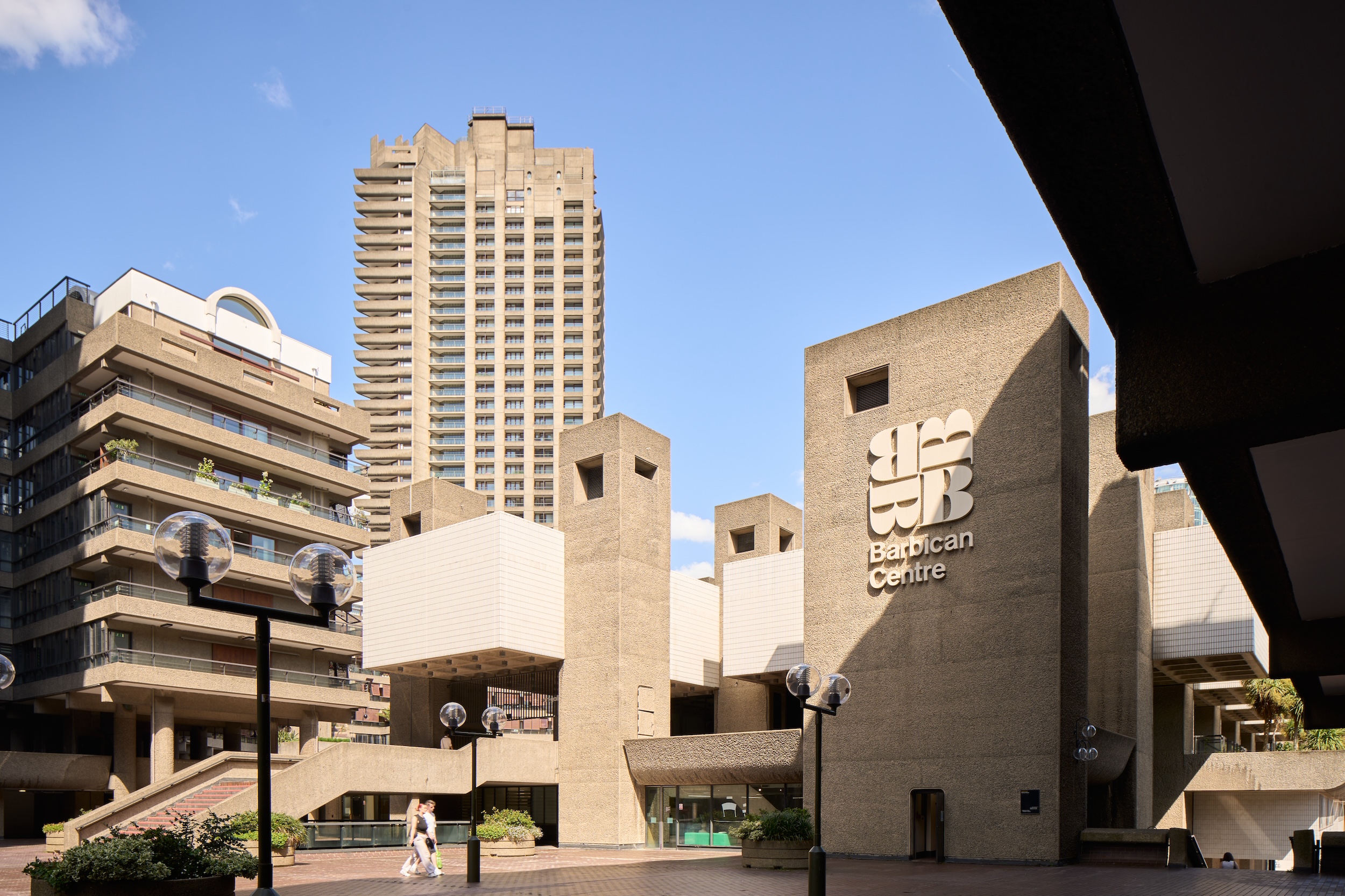 Warp Records announces its first event in over a decade at the Barbican
Warp Records announces its first event in over a decade at the Barbican‘A Warp Happening,' landing 14 June, is guaranteed to be an epic day out
By Tianna Williams
-
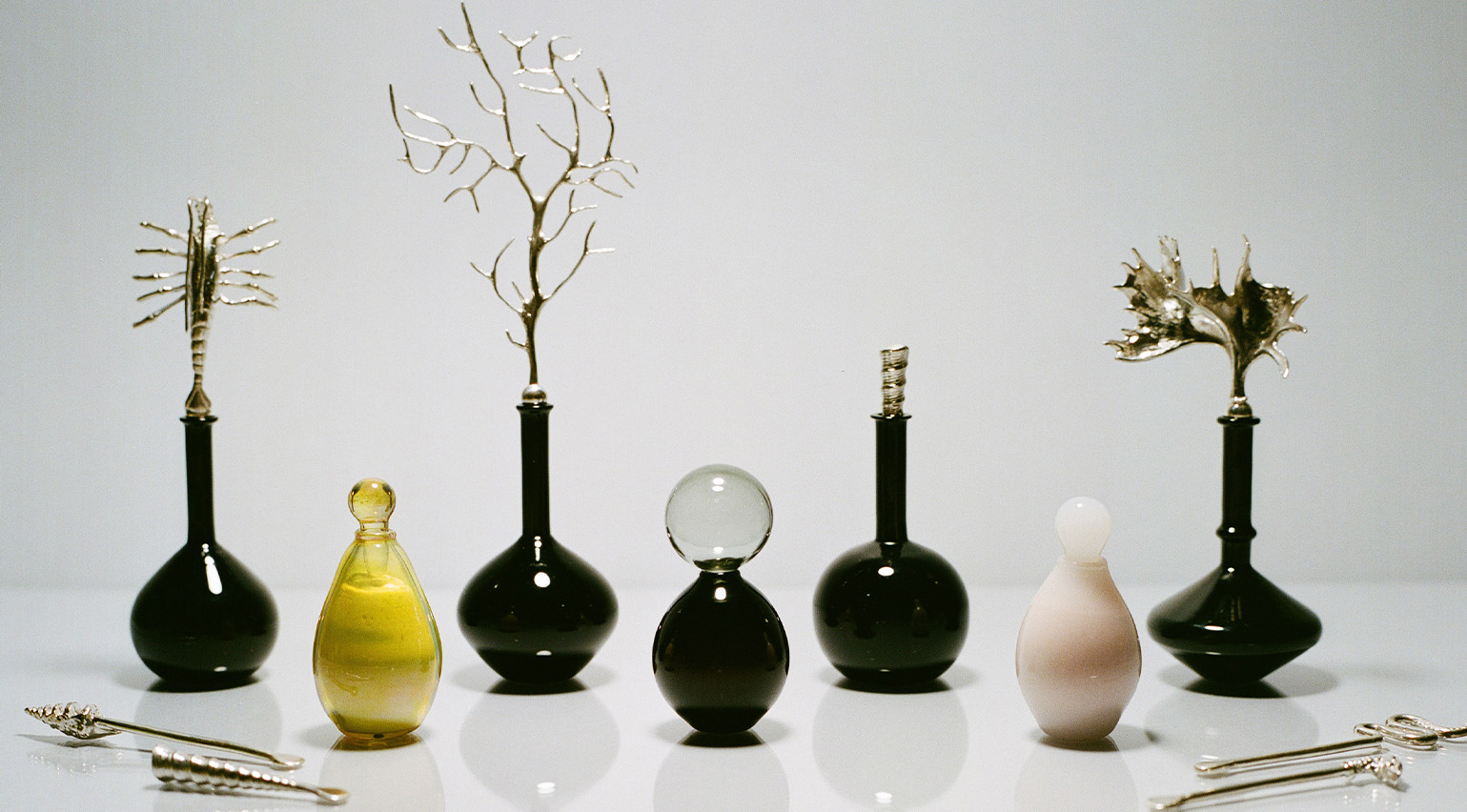 Cure your ‘beauty burnout’ with Kindred Black’s artisanal glassware
Cure your ‘beauty burnout’ with Kindred Black’s artisanal glasswareDoes a cure for ‘beauty burnout’ lie in bespoke design? The founders of Kindred Black think so. Here, they talk Wallpaper* through the brand’s latest made-to-order venture
By India Birgitta Jarvis
-
 Saskia Colwell’s playful drawings resemble marble sculptures
Saskia Colwell’s playful drawings resemble marble sculpturesSaskia Colwell draws on classical and modern references for ‘Skin on Skin’, her solo exhibition at Victoria Miro, Venice
By Millie Walton
-
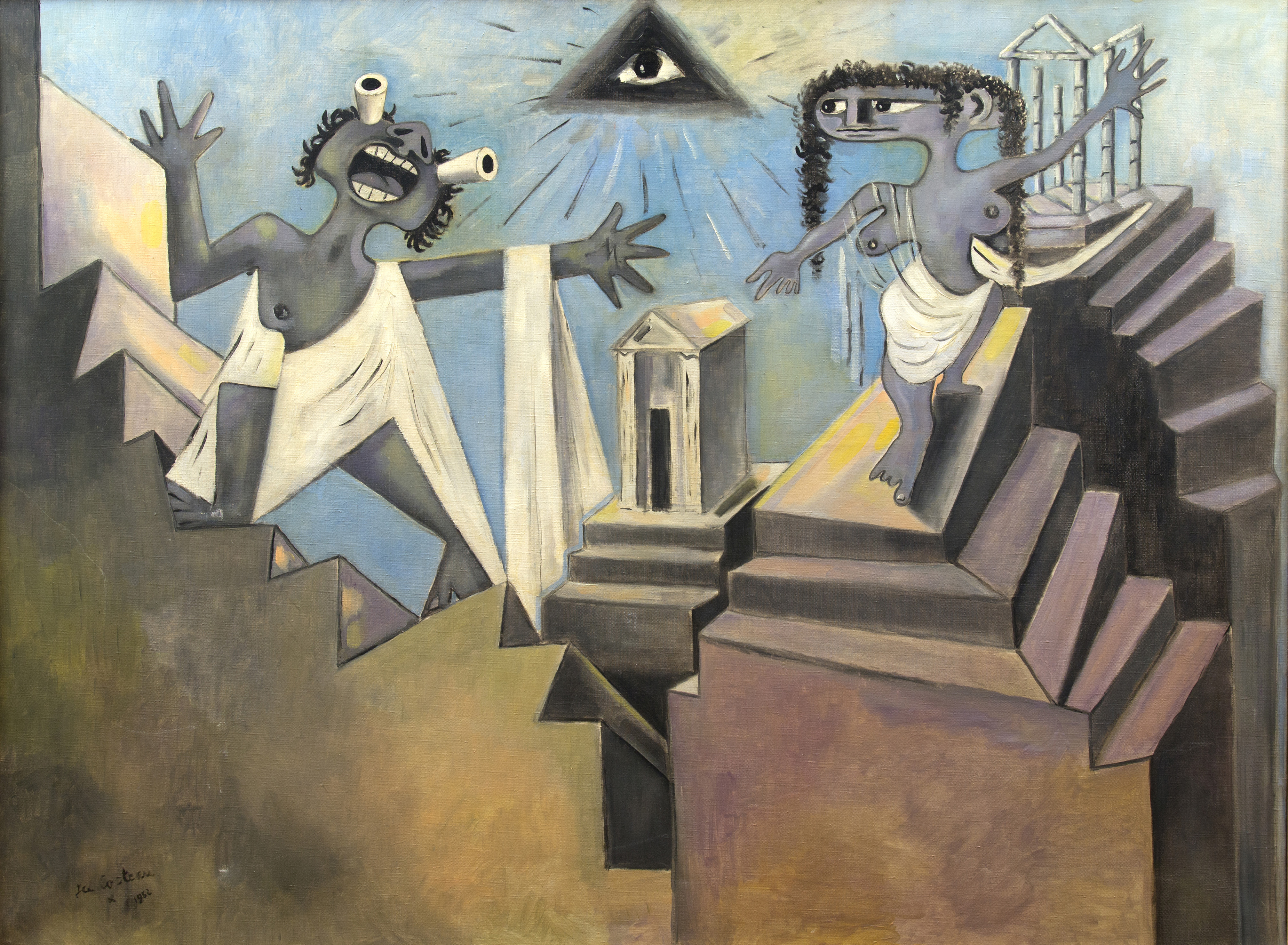 Portrait of a modernist maverick: last chance to see the Jean Cocteau retrospective in Venice
Portrait of a modernist maverick: last chance to see the Jean Cocteau retrospective in Venice‘Cocteau: The Juggler’s Revenge’, celebrating the French artist's defiance of artistic labels, is in its final week at Peggy Guggenheim Collection, Venice
By Caragh McKay
-
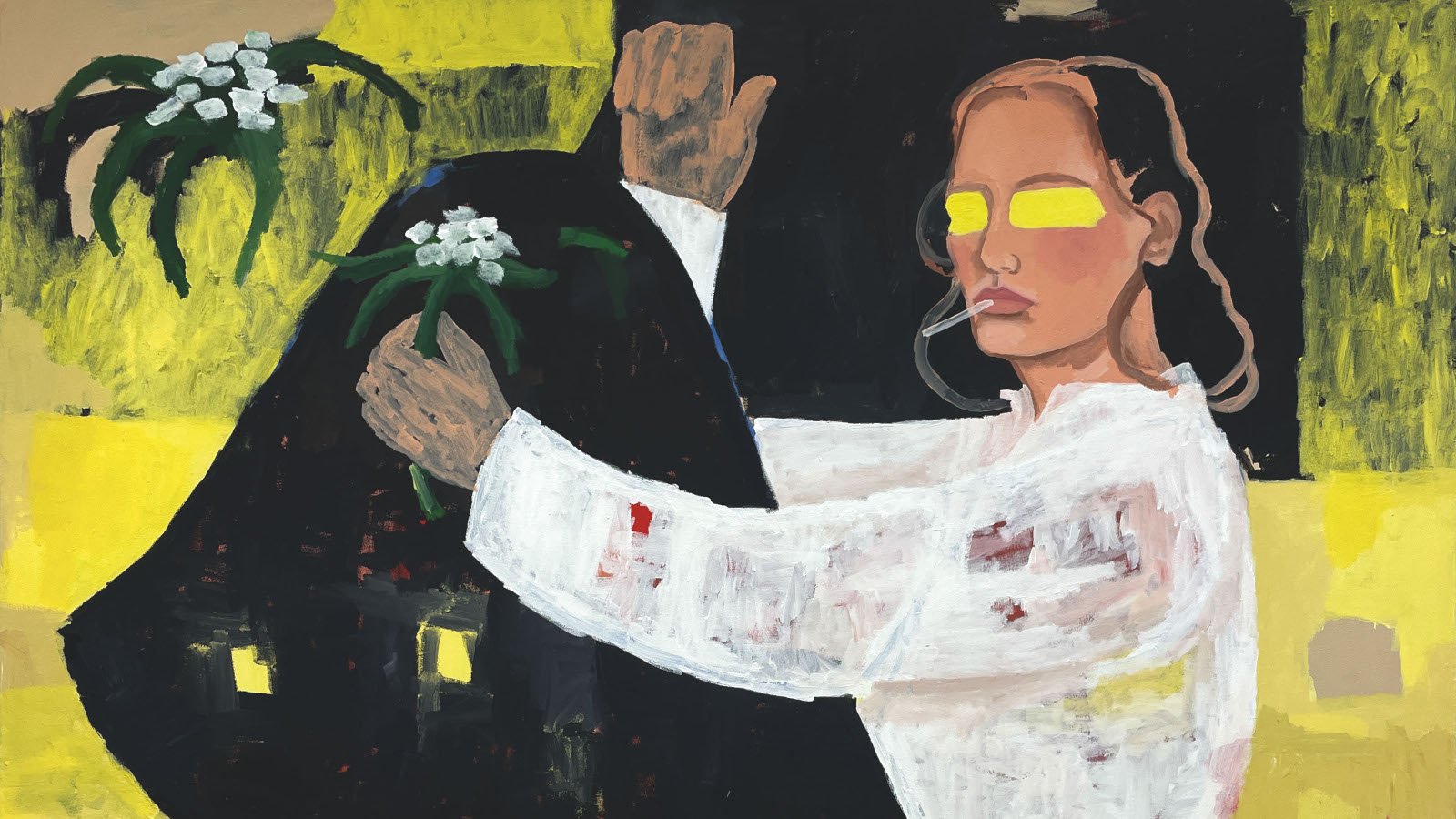 ‘Personal Structures’ in Venice is about ‘artists breaking free’
‘Personal Structures’ in Venice is about ‘artists breaking free’‘Personal Structures 2024: Beyond Boundaries’ reveals a rich tapestry of perspectives on the challenges of our time, from culture to climate and identity
By Nargess Banks
-
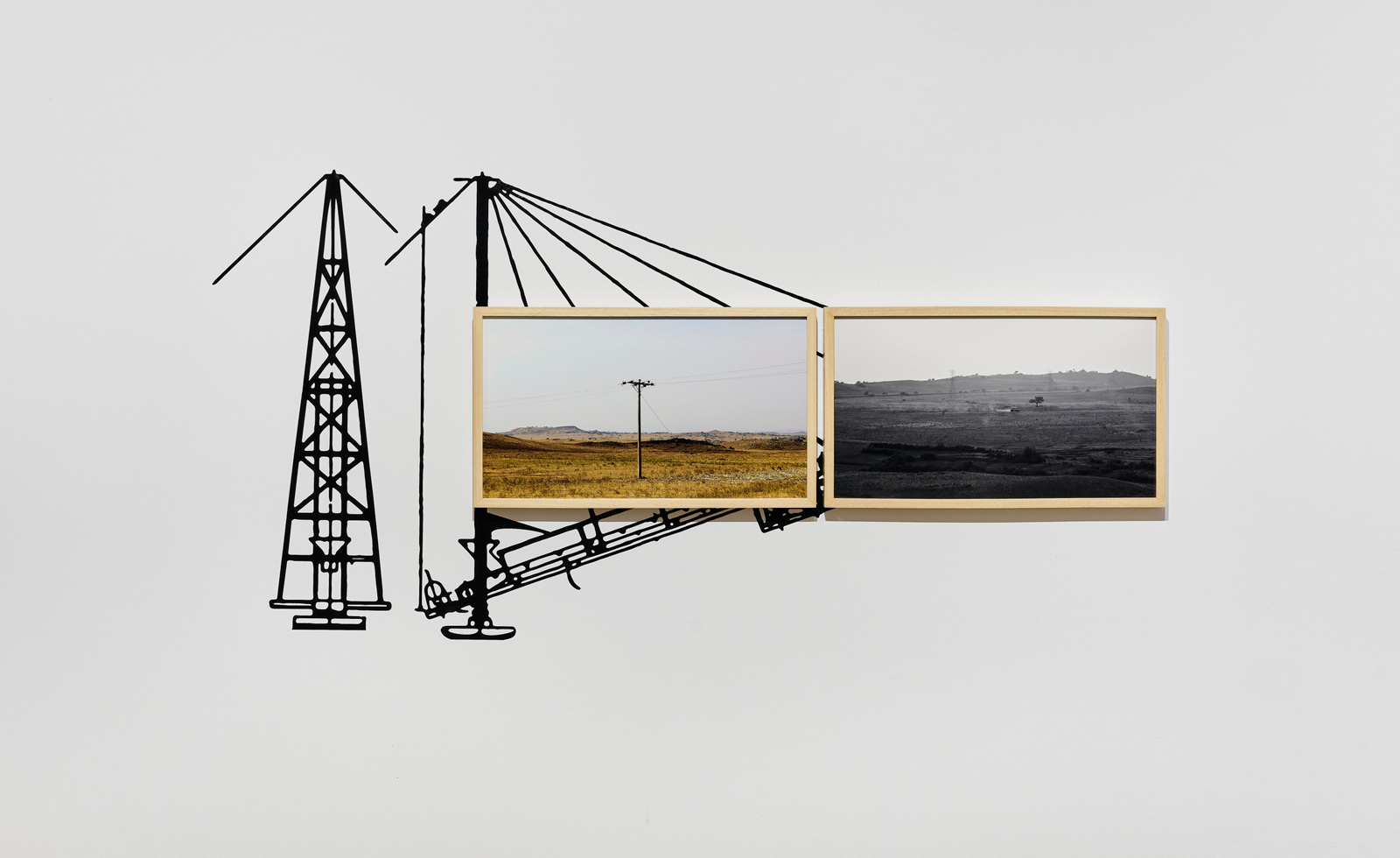 Aindrea Emelife on bringing the Nigerian Pavilion to life at the Venice Biennale 2024
Aindrea Emelife on bringing the Nigerian Pavilion to life at the Venice Biennale 2024Curator Aindrea Emelife has spearheaded a new wave of contemporary artists at the Venice Biennale’s second-ever Nigerian Pavilion. Here, she talks about what the world needs to learn about African art
By Ugonna-Ora Owoh
-
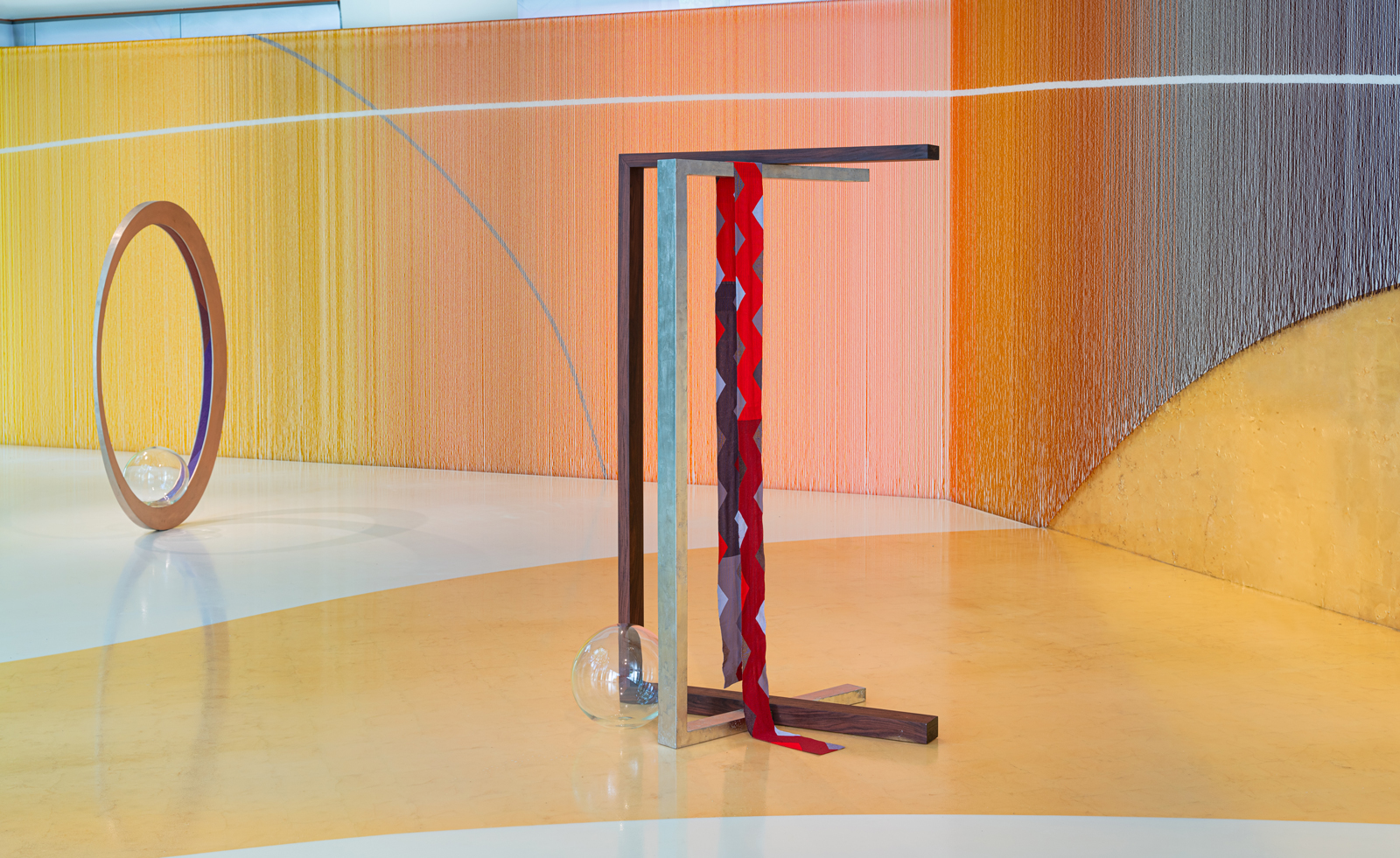 Kapwani Kiwanga considers value and commerce for the Canada Pavilion at the Venice Biennale 2024
Kapwani Kiwanga considers value and commerce for the Canada Pavilion at the Venice Biennale 2024Kapwani Kiwanga draws on her experiences in materiality for the Canada Pavilion at the 60th Venice Biennale
By Hannah Silver
-
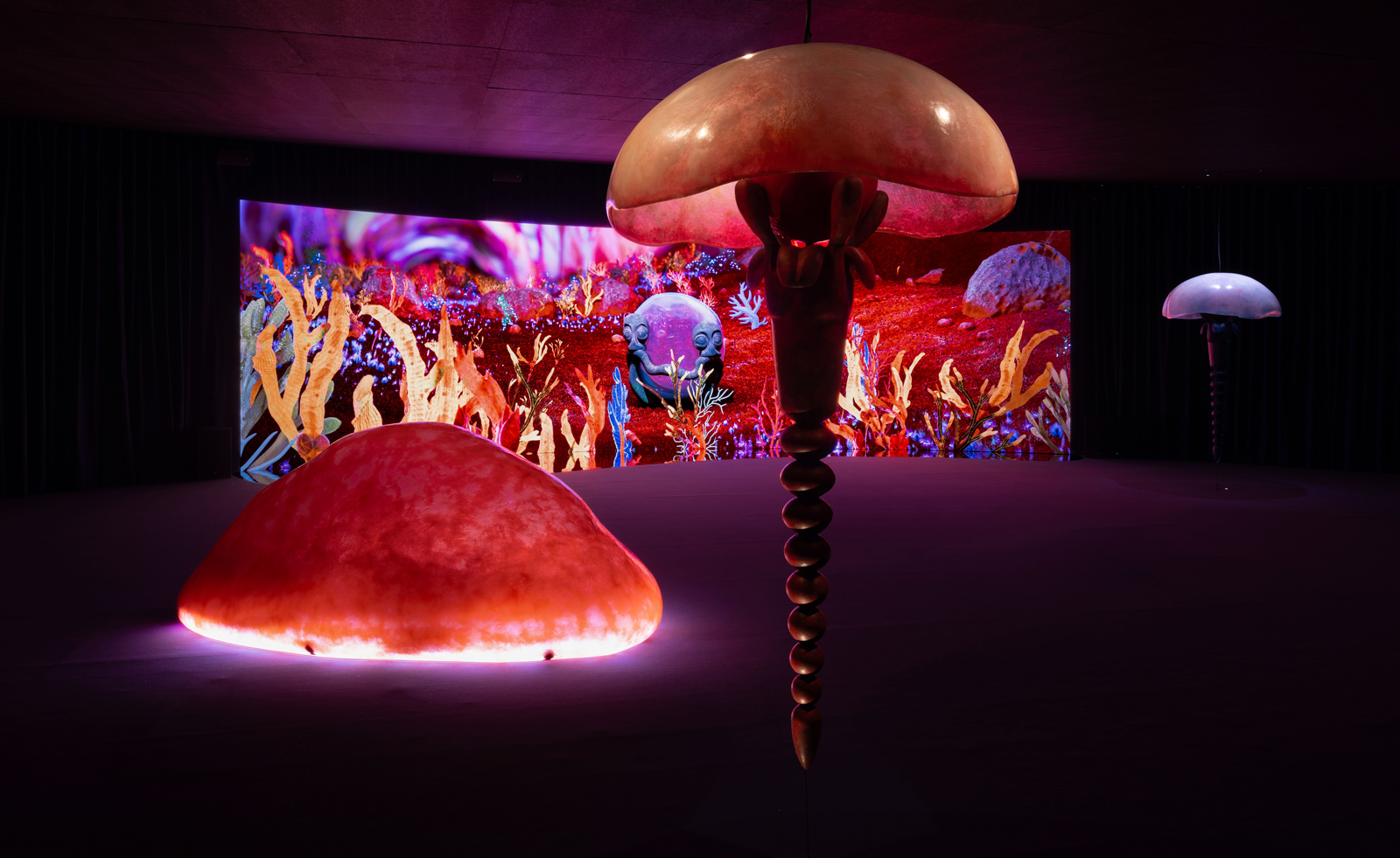 Venice Art Biennale 2024 highlights
Venice Art Biennale 2024 highlightsThe Venice Art Biennale took place 20 April - 24 November 2024 – here are our highlights from around Venice
By Amah-Rose Abrams
-
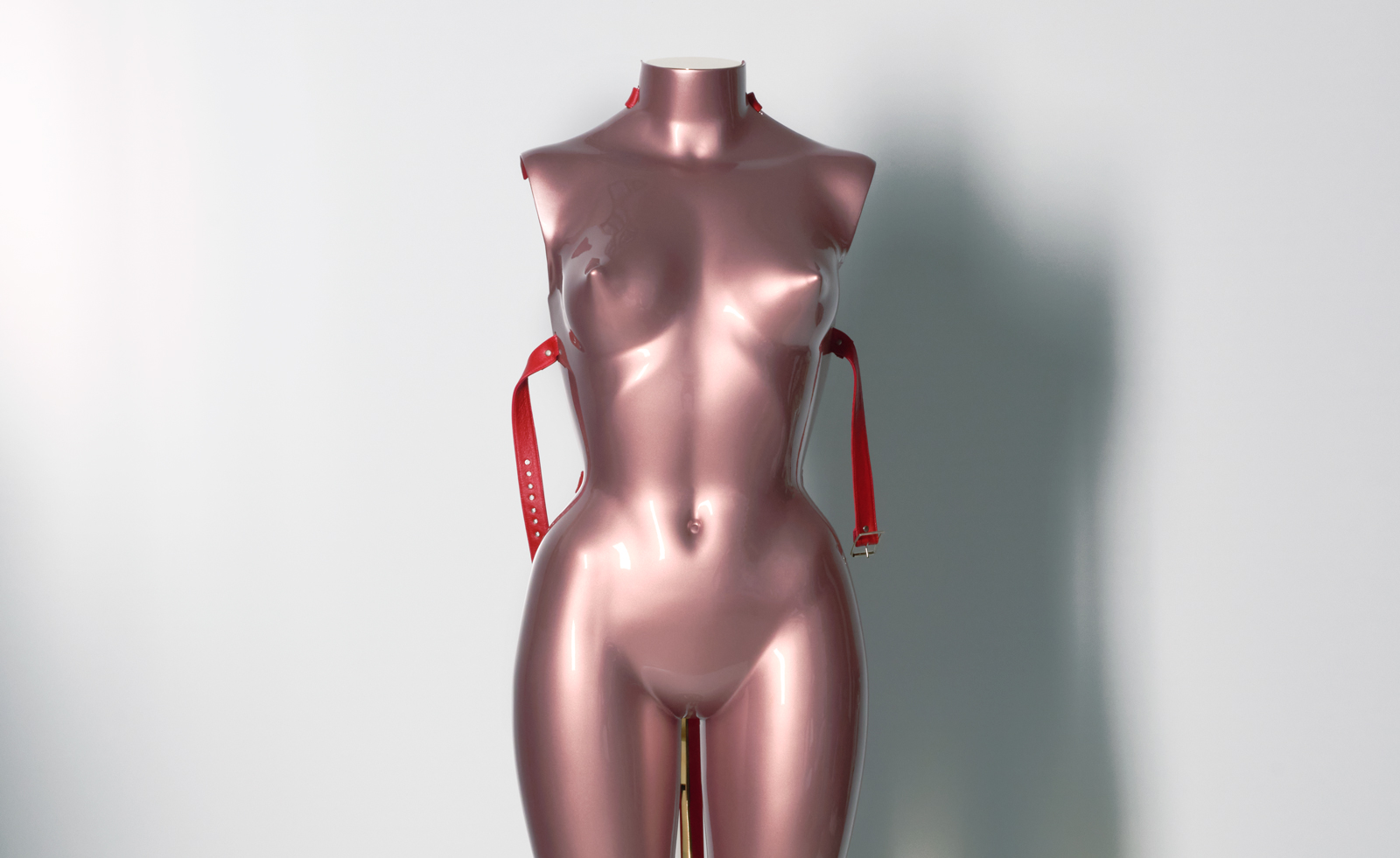 What’s the big deal with breasts, ask artists at the Venice Biennale
What’s the big deal with breasts, ask artists at the Venice Biennale‘Breasts’ is set to open at ACP Palazzo Franchetti for the duration of the Venice Art Biennale 2024
By Hannah Silver
-
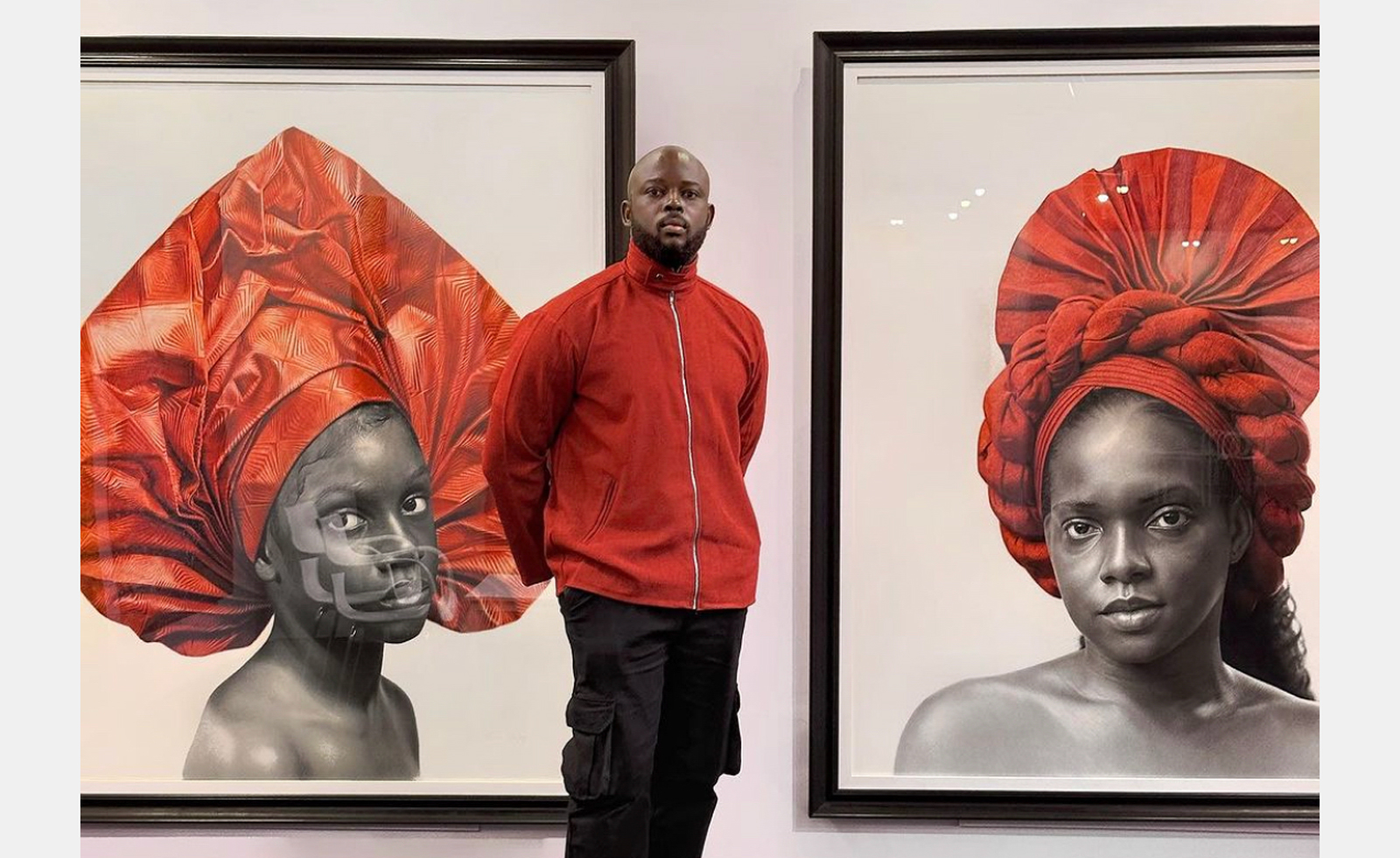 Art X Lagos 2023: discover the artists to watch
Art X Lagos 2023: discover the artists to watchArt X Lagos 2023, the 8th edition of West Africa’s biggest art fair, was bigger and better than ever
By Ugonna-Ora Owoh